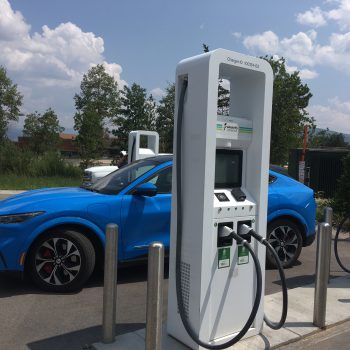Our Story
Home > Our Story
Our Story
The Electrification Coalition is a nonpartisan, nonprofit organization that develops and implements a broad set of strategies to facilitate the widespread adoption of electric vehicles to overcome the economic, public health, and national security challenges that stem from America’s dependence on oil. Our strategies include policy development, advocacy campaigns, consumer education, fleet electrification, cultivation of bipartisan support, support for charging infrastructure planning, EV supply chain development, and coalition building.
We’re working to electrify the way we move through projects and programs like the Electric Freight Consortium, American Cities Climate Challenge, State EV Policy Accelerator, Electrification Coalition Business Council, and Climate Mayors EV Purchasing Collaborative.

THE OIL CHALLENGE
![Offshore Jack Up Rig in The Middle of The Sea [url=http://www.istockphoto.com/search/lightbox/18181579]
[IMG]http://s1.zrzut.pl/Ag1lkAv.jpg[/IMG]
[/url]](https://electrificationcoalition.org/wp-content/uploads/elementor/thumbs/Our-Story-first-circle-image-scaled-pz5xbb10p9bs3g4px1xyie0nevc7uv8yrewkolrt4c.jpg)
The Electrification Solution
Electric vehicles are cheaper, cleaner, and more efficient than vehicles with internal combustion engines. EVs are quieter, and they have instant torque, so they accelerate more quickly. EVs offer the opportunity to synergize transportation with the electric power sector. They will act as distributed storage devices for electricity, enabling consumers to get more out of renewable energy sources, and providing a buffer against fluctuating electricity demand and production.
In recent years, Congress has made serious investments in transportation electrification with the passage of the Bipartisan Infrastructure Law (2021) and the Inflation Reduction Act (2022). The Electrification Coalition (EC) has advocated for many of the key measures included in the laws for over a decade. Altogether, this is a major win for consumers and businesses, but there are challenges on the road ahead. The EC is working tirelessly to help its partners overcome those barriers and to access and implement new federal funding for individual EV purchases and charging infrastructure deployment.

